Mr. Lo Van Chu (35 years old, Son La ) and his wife have been married for nearly 10 years but have not had children because he had complications from mumps that led to testicular atrophy and no sperm. Through the media, he learned about reproductive support services by requesting sperm from a bank.
Many times he planned to go to Hanoi to get sperm for in vitro fertilization, but his wife strongly objected because she was afraid that if she got pregnant with a stranger's sperm, they would later ask for the child back.
The wife is also concerned about the risk of incest between children born from the same father's sperm. After many years of hesitation, the couple still cannot choose the assisted reproductive method.
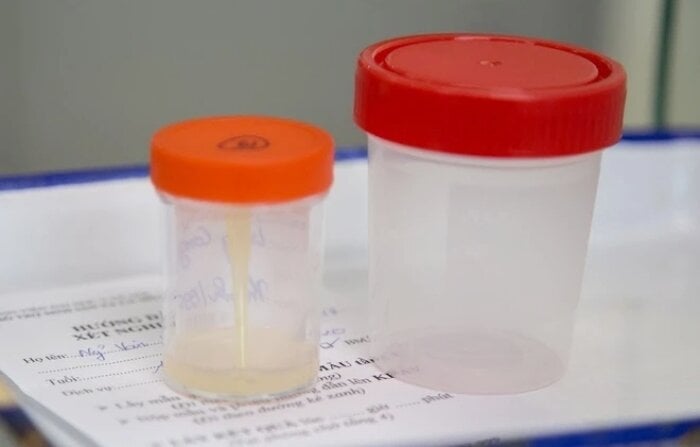
The sperm sample after donation will be put into a specialized jar. (Photo: Duy Anh)
According to Associate Professor, Dr. Nguyen Manh Ha, Director of the Center for Reproductive Support and Tissue Transplantation Technology, Hanoi Medical University Hospital, men with problems with abnormal or defective sperm in the world and in Vietnam often have two trends. That is, trying to cure them with modern techniques to help those with low sperm count or weak sperm still be able to fertilize in vitro; or going to the bank to ask for sperm.
In reality, sperm recipients still have many concerns. First of all, they are afraid of being asked for or sharing their child. Many infertile couples after receiving sperm often choose to move their residence or change their phone number because they are afraid that the donor will come to claim the child.
According to Associate Professor Dr. Nguyen Manh Ha, the principle of sperm donation and receipt must ensure that the donor must be confidential, voluntary and anonymous. That is, after donating and obtaining a quality sperm sample, all information of the donor will be deleted, and the sperm sample will be encoded with numbers.
In case the recipient brings the donor to the medical facility, they are not allowed to use the donor’s sperm sample for conception. In that case, the sperm sample will be exchanged and replaced with another random sample.
Therefore, a child successfully conceived from a donated sperm sample will never know who his or her biological father is, even in cases where it is necessary to find blood relatives to treat diseases (organ transplant, bone marrow transplant).
Experts share that in some cases, donors want to know who the recipient is. However, according to the rules, doctors cannot reveal it. The selection of sperm samples to support the recipient's fertility is random. Therefore, the possibility of claiming the child later will not happen.
Associate Professor, Dr. Nguyen Manh Ha added that one of the reasons why sperm banks are always scarce is the fear and concern about the risk of incestuous marriage between children born from the sperm of the same father.
In our country, the regulations on sperm donation and receipt are very clear. Donors at the center are only allowed to donate once. The donor's sperm can only be used for one recipient. Therefore, it is very difficult for two children born with the same sperm sample to meet and get married.
However, this is only guaranteed if the giving and receiving is done at reputable, licensed hospitals and centers with clear origin and carefully screened quality sperm sources.
According to the research results of the Ministry of Health, the infertility rate of couples of childbearing age in Vietnam is up to 7.7%, meaning that the whole country currently has about 1 million infertile couples. About 40% of infertile couples are due to male infertility. Many husbands only discover when they go for a check-up that they have very little sperm, weak sperm, deformed sperm, or even no sperm at all.
Source






![[Photo] Closing ceremony of the 18th Congress of Hanoi Party Committee](https://vphoto.vietnam.vn/thumb/1200x675/vietnam/resource/IMAGE/2025/10/17/1760704850107_ndo_br_1-jpg.webp)

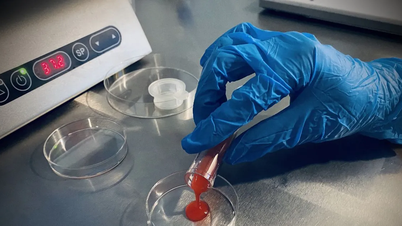











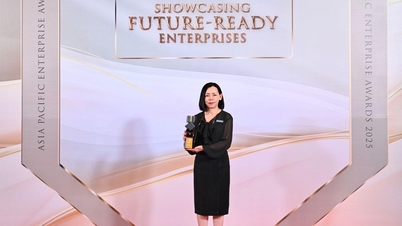


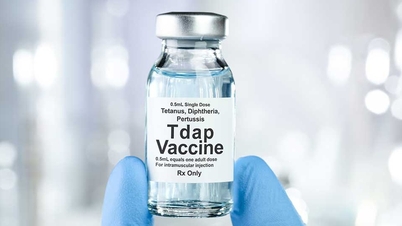













![[Photo] Nhan Dan Newspaper launches “Fatherland in the Heart: The Concert Film”](https://vphoto.vietnam.vn/thumb/1200x675/vietnam/resource/IMAGE/2025/10/16/1760622132545_thiet-ke-chua-co-ten-36-png.webp)













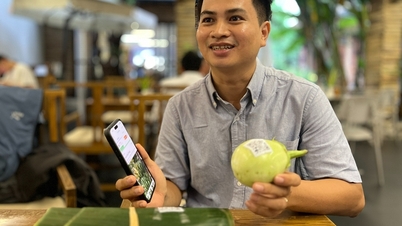






















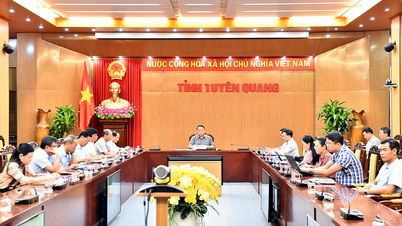

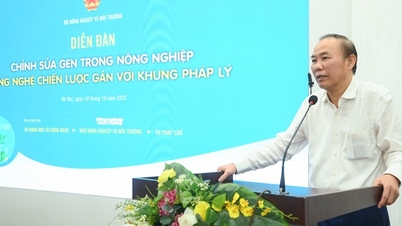











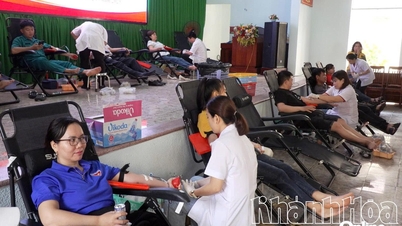








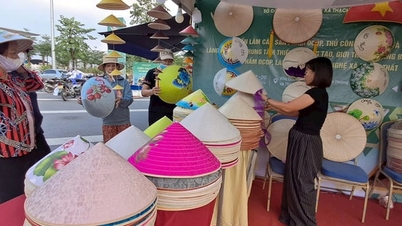













Comment (0)